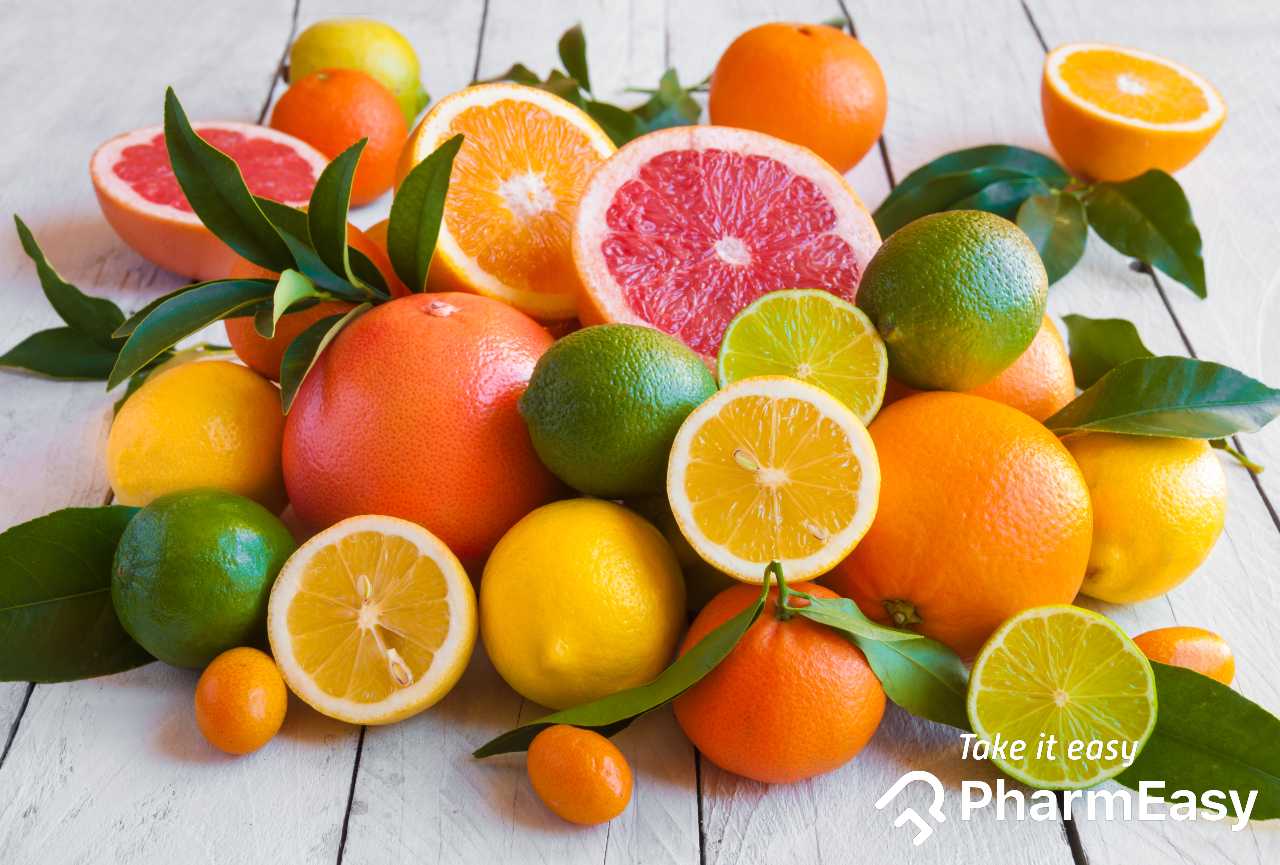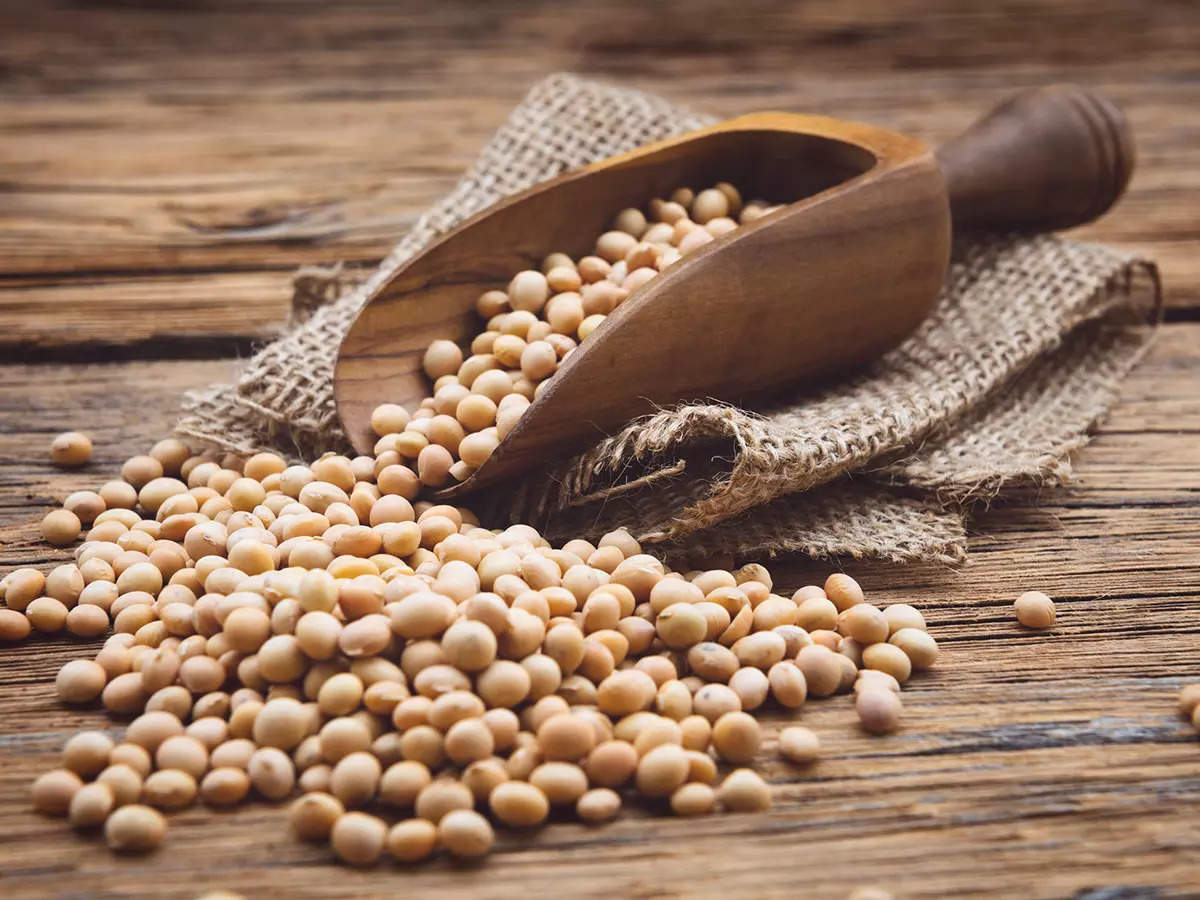Heart disease is one of the leading causes of death worldwide, but there are many ways we can take care of our heart health. One of the ways is by incorporating flavonoid-rich foods into our diet. Flavonoids are natural compounds found in plant-based foods, and they have been shown to have many health benefits, including reducing the risk of heart disease. In this post, we will explore the top 6 foods high in flavonoids for heart health, including berries, citrus fruits, dark chocolate, tea, soybeans, and red wine. By adding these foods to our diet, we can nourish our bodies with important nutrients that support our heart health and overall well-being. Let's get started!
1, Berries.
Berries are a delicious and nutritious addition to any diet, and they are also packed with health-promoting nutrients. Among these nutrients are flavonoids, a group of natural compounds found in plants that have been linked to a variety of health benefits, including reducing the risk of heart disease.
Berries are particularly rich in a type of flavonoid called anthocyanins, which give them their vibrant colors. Anthocyanins have been shown to have powerful antioxidant and anti-inflammatory properties, which can help protect against damage to the cardiovascular system. Research suggests that anthocyanins may help lower blood pressure, improve blood vessel function, reduce inflammation, and improve cholesterol levels, all of which are important factors in reducing the risk of heart disease.
Examples of flavonoid-rich berries include strawberries, raspberries, blueberries, and blackberries. Blueberries, in particular, are known for their high concentration of anthocyanins, with some studies suggesting that they may help reduce the risk of heart disease by up to 20%.
Incorporating berries into your diet is easy and delicious. You can enjoy them fresh, frozen, or dried, and they make a great addition to smoothies, yogurt, oatmeal, or as a topping on your favorite cereal or salad.
In conclusion, berries are a tasty and convenient way to add flavonoids to your diet and support heart health. So next time you're looking for a healthy and delicious snack, reach for a bowl of fresh berries and give your heart a boost!.
2, Citrus fruits.
Citrus fruits are a delicious and refreshing addition to any diet, and they are also a great source of flavonoids, a group of natural compounds found in plants that have been linked to a variety of health benefits, including reducing the risk of heart disease.
Two flavonoids found in citrus fruits that have been studied for their cardiovascular benefits are hesperidin and naringenin. Hesperidin is primarily found in oranges and grapefruits, while naringenin is found in grapefruits and lemons. Research suggests that these flavonoids may help improve blood flow, reduce inflammation, and protect against oxidative stress, all of which are important factors in reducing the risk of heart disease.
One study found that consuming a daily dose of hesperidin for four weeks led to significant improvements in blood pressure and arterial stiffness in overweight and obese adults. Another study found that naringenin may help reduce inflammation and improve lipid metabolism in individuals with high cholesterol levels.
Examples of citrus fruits that are high in flavonoids include oranges, grapefruits, lemons, and limes. These fruits are not only high in flavonoids but also rich in vitamins and minerals, making them a great addition to a healthy diet.
Incorporating citrus fruits into your diet is easy and versatile. You can enjoy them as a snack, add them to smoothies or salads, or use them to add flavor to your favorite dishes.
In conclusion, citrus fruits are an excellent source of flavonoids that can help support heart health. So next time you're at the grocery store, be sure to pick up some oranges, grapefruits, or lemons, and enjoy their delicious and nutritious benefits.
3, Dark chocolate.
Dark chocolate is not only delicious but is also a good source of flavonoids, a group of natural compounds found in plants that have been linked to various health benefits, including supporting heart health. Flavanols are a type of flavonoid found in dark chocolate that has been studied for their cardiovascular benefits.
Studies have shown that flavanols in dark chocolate can help improve blood flow, reduce inflammation, and lower blood pressure, all of which are important factors in reducing the risk of heart disease. The higher the percentage of cocoa solids in the chocolate, the more flavanols it will contain.
One study found that consuming a daily dose of dark chocolate containing 70% cocoa solids for four weeks led to significant improvements in blood pressure and arterial stiffness in overweight adults. Another study found that consuming dark chocolate for two weeks reduced oxidative stress and improved endothelial function, which is important for healthy blood vessel function.
When selecting dark chocolate, it's important to choose high-quality chocolate with a high percentage of cocoa solids and low sugar content. Look for chocolate with at least 70% cocoa solids and avoid chocolate with added sugar or other ingredients that may detract from its health benefits.
Incorporating dark chocolate into your diet is easy and delicious. You can enjoy it on its own or use it in recipes for baked goods, hot chocolate, or as a topping for oatmeal or yogurt.
In conclusion, dark chocolate is a tasty and convenient way to add flavanols to your diet and support heart health. So next time you're looking for a sweet treat, reach for a square of high-quality dark chocolate and indulge in its health-promoting benefits.
4, Tea.
Tea is one of the most widely consumed beverages in the world, and it's also a great source of flavonoids, a group of natural compounds found in plants that have been linked to various health benefits, including supporting heart health. Both green and black tea contain flavonoids called catechins, which have been shown to reduce the risk of heart disease.
Green tea is particularly beneficial because it contains the flavonoid epigallocatechin gallate (EGCG), which has been shown to improve heart health. Studies have shown that EGCG can help reduce inflammation, improve lipid metabolism, and protect against oxidative stress, all of which are important factors in reducing the risk of heart disease.
One study found that consuming green tea for 12 weeks led to significant reductions in LDL (bad) cholesterol levels in overweight adults. Another study found that regular consumption of green tea was associated with a lower risk of coronary heart disease in Japanese adults.
Black tea also contains flavonoids that can support heart health. One study found that consuming black tea for 12 weeks led to significant improvements in blood pressure in individuals with high blood pressure.
Incorporating tea into your diet is easy and enjoyable. You can enjoy it hot or iced, and there are many different varieties to choose from, including green, black, white, and herbal teas.
In conclusion, tea is a delicious and convenient way to add flavonoids to your diet and support heart health. So next time you're looking for a refreshing beverage, reach for a cup of green or black tea and enjoy its health-promoting benefits.
5, Soybeans.
Soybeans are a versatile legume that can be consumed in a variety of forms, including as whole beans, tofu, and tempeh. They are also a good source of flavonoids called isoflavones, which have been linked to several health benefits, including supporting heart health.
Studies have shown that consuming soybeans or soy products may help reduce cholesterol levels and improve blood vessel function, both of which can lower the risk of heart disease. Isoflavones in soybeans have been shown to reduce LDL (bad) cholesterol levels and increase HDL (good) cholesterol levels, which can help prevent the buildup of plaque in the arteries.
One study found that consuming soy protein for eight weeks led to significant reductions in total cholesterol levels in individuals with high cholesterol. Another study found that consuming tofu regularly was associated with a lower risk of coronary heart disease in Japanese adults.
Soybeans and soy products are also a great source of protein, fiber, and other nutrients that can support overall health. They can be used in a variety of recipes, from stir-fries to salads to soups, making them a versatile and delicious addition to any diet.
In conclusion, soybeans and soy products are a great source of flavonoids called isoflavones that can support heart health by reducing cholesterol levels and improving blood vessel function. So next time you're looking for a plant-based protein source, consider adding soybeans, tofu, or tempeh to your meals and enjoy their health-promoting benefits.
6, Red wine.
Red wine is a popular alcoholic beverage that is enjoyed by many, and it's also a great source of flavonoids called polyphenols, which have been shown to have antioxidant and anti-inflammatory properties that can benefit heart health.
Polyphenols in red wine, particularly a type called resveratrol, have been studied extensively for their potential health benefits. Resveratrol has been shown to reduce inflammation, improve lipid metabolism, and protect against oxidative stress, all of which are important factors in reducing the risk of heart disease.
However, it's important to note that while moderate consumption of red wine has been associated with health benefits, excessive alcohol consumption can have negative health effects, including an increased risk of liver disease, certain cancers, and other health issues.
Moderate consumption of red wine is defined as one glass per day for women and up to two glasses per day for men. It's important to keep in mind that drinking red wine is just one part of a healthy lifestyle, and other lifestyle factors, such as a balanced diet and regular exercise, are also important for maintaining good heart health.
In conclusion, red wine is a good source of flavonoids called polyphenols that can benefit heart health. However, it's important to consume red wine in moderation and as part of a healthy lifestyle that includes a balanced diet, regular exercise, and other heart-healthy habits.
In conclusion, incorporating flavonoid-rich foods into our diet is a simple and effective way to support heart health. By regularly consuming foods such as berries, citrus fruits, dark chocolate, tea, soybeans, and red wine, we can take an active role in maintaining our cardiovascular health. Remember, a healthy diet is just one of many steps we can take to reduce the risk of heart disease, so make sure to also engage in regular physical activity, manage stress levels, and get enough sleep. Thank you for watching, and I hope this post has inspired you to make heart-healthy choices in your daily life!





:max_bytes(150000):strip_icc()/red-wine-blends-FT-MAG1116-2000-4f3c3e91bcd646ea8a21f2152746ef53.jpg)
Comments
Post a Comment